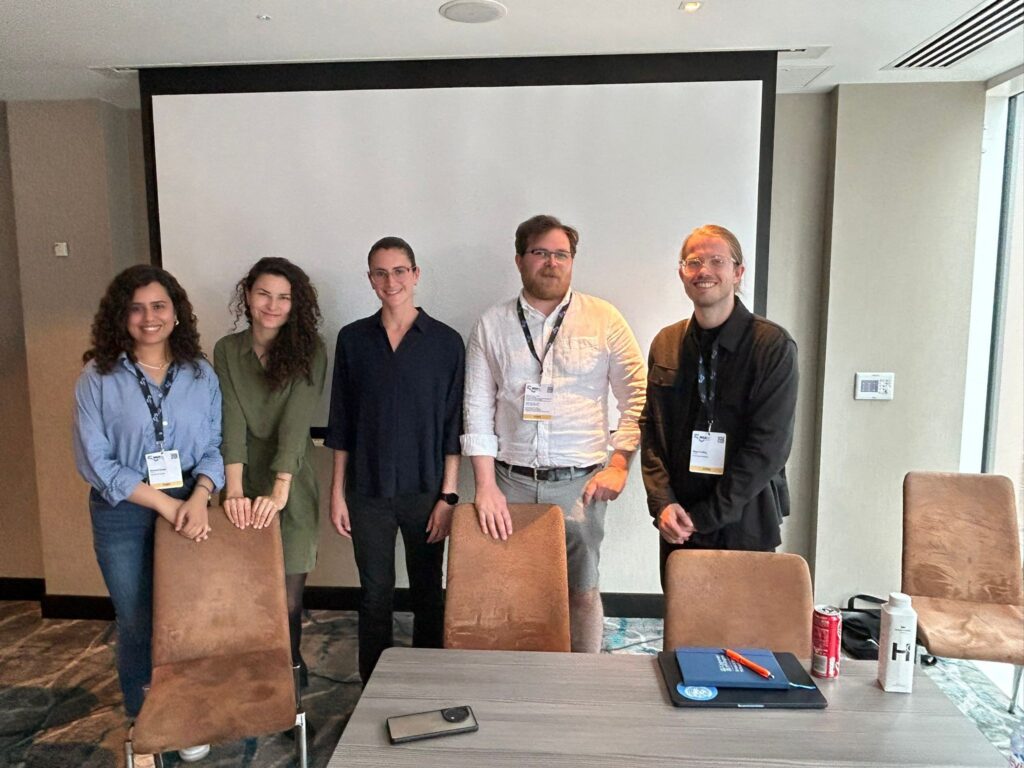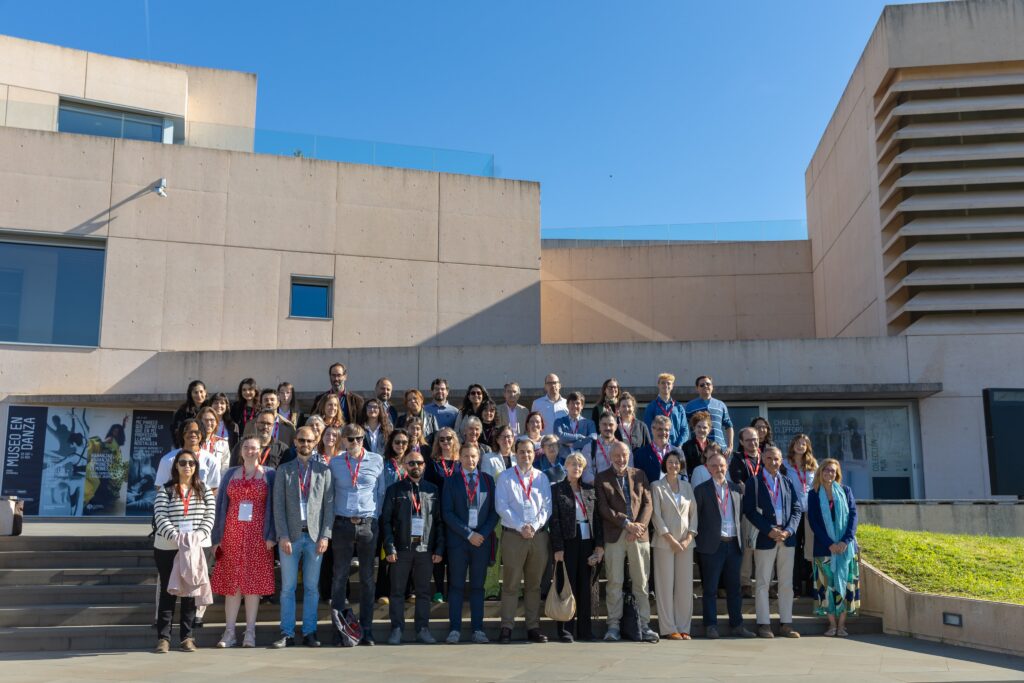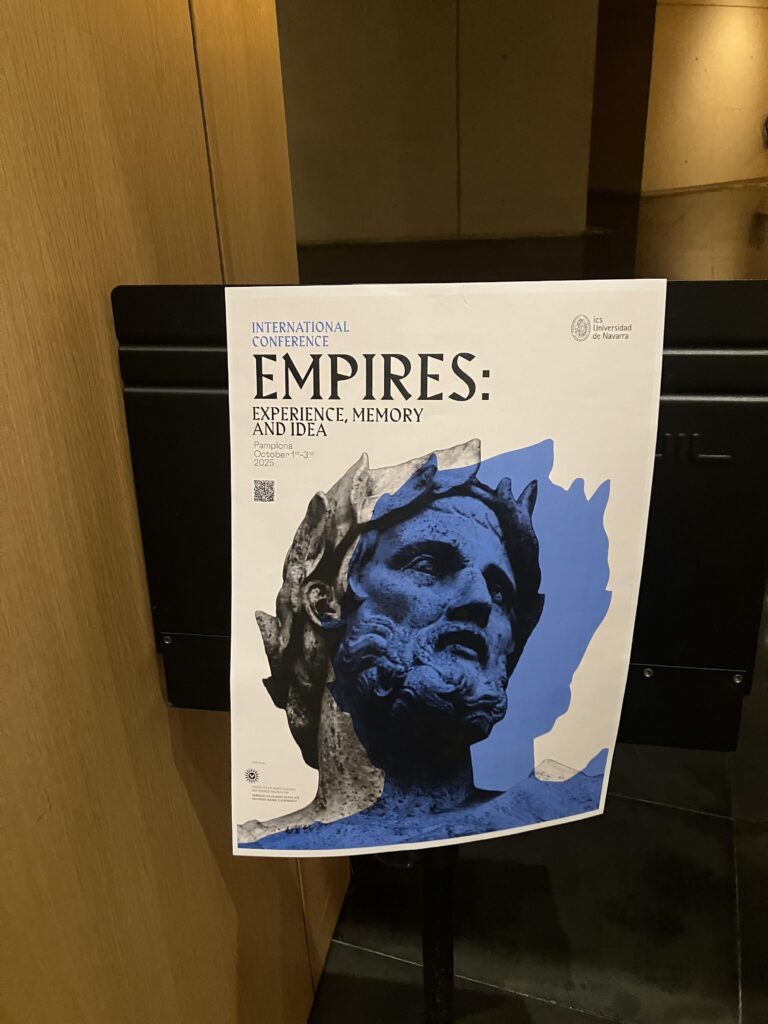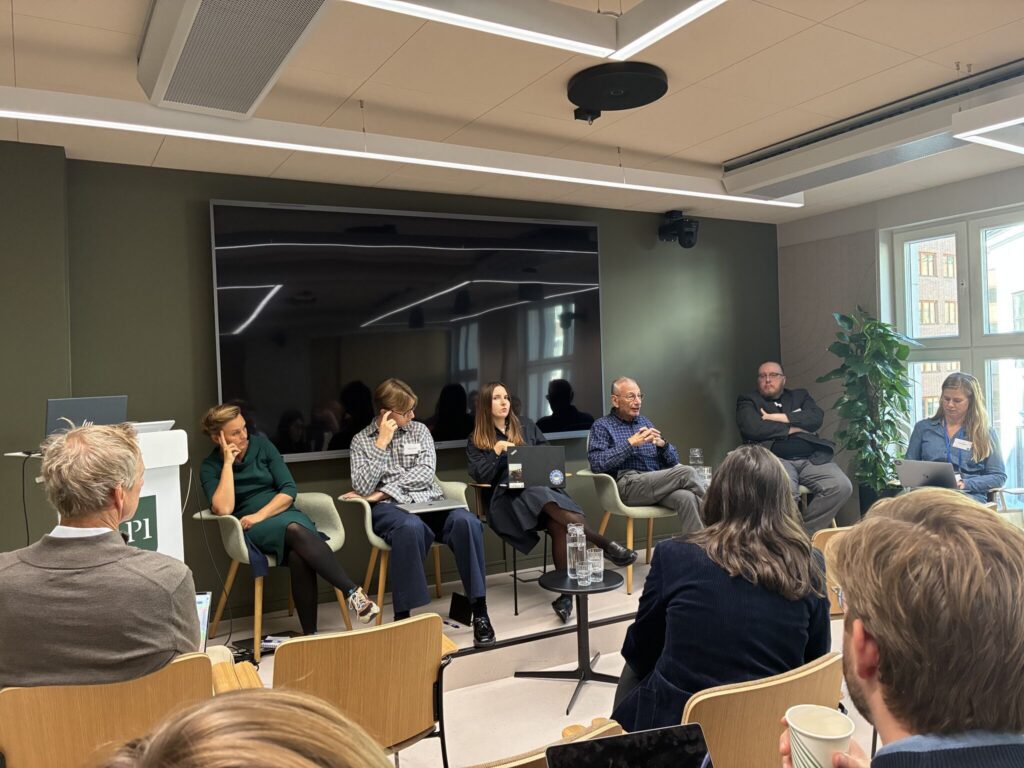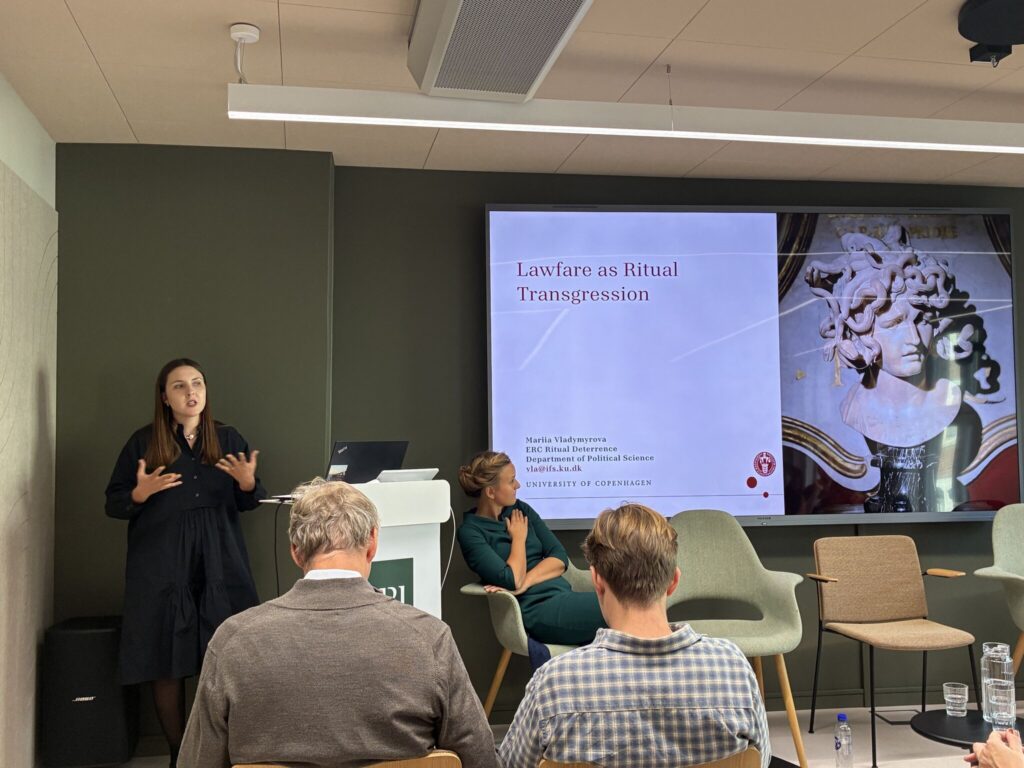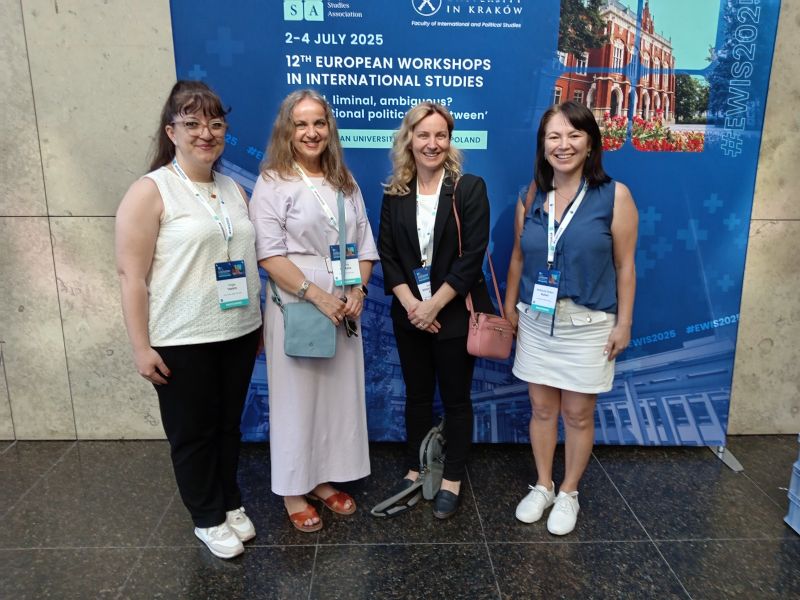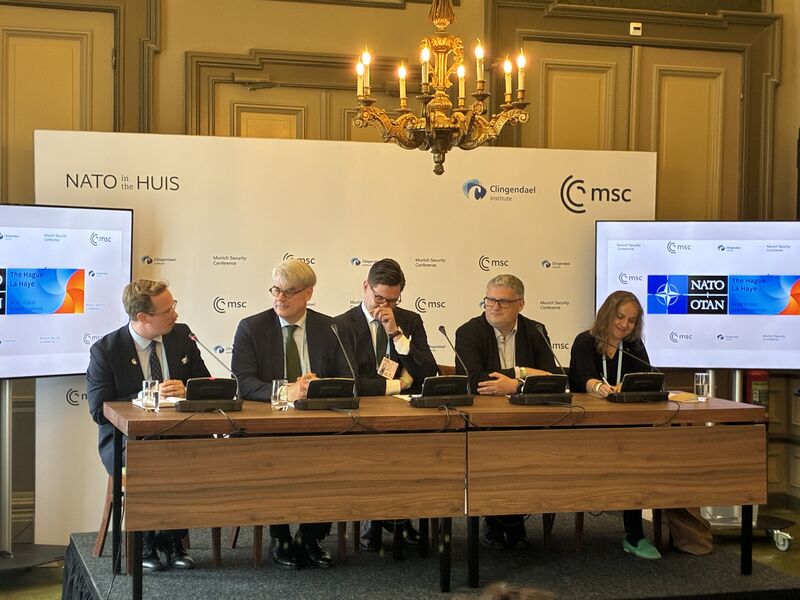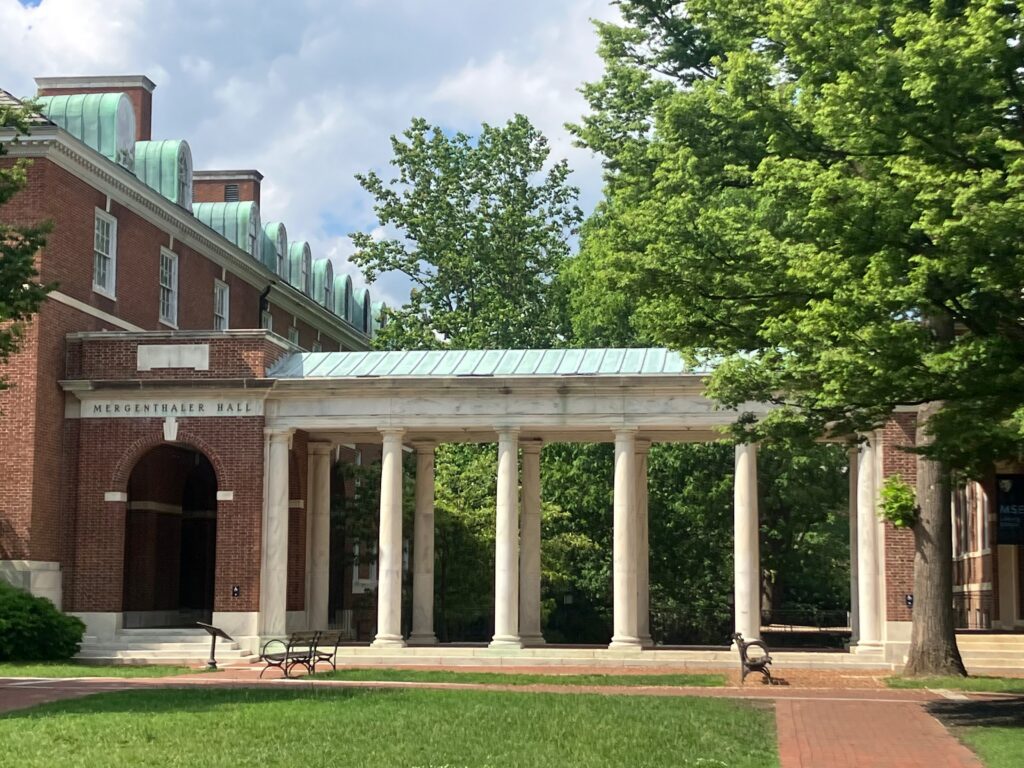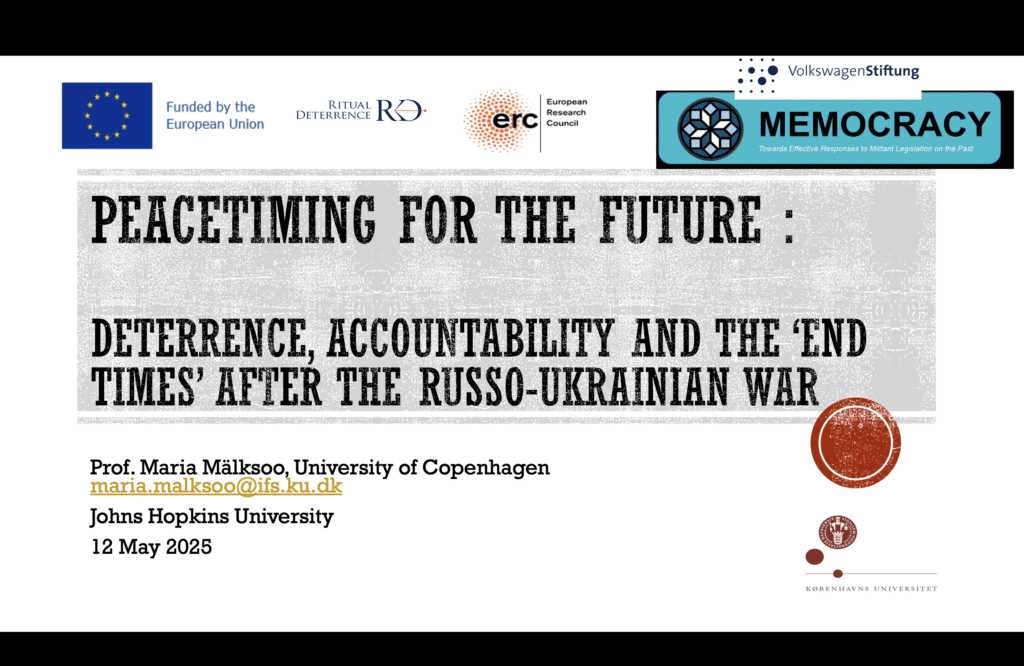Half of the RITUAL DETERRENCE team presented research at the 50th anniversary conference of the British International Studies Association (BISA) in Belfast, UK. The conference took place on 18-20 June 2025.
Prof. Maria Mälksoo presented a paper ‘Envisioning Future Deterrence: Peace, Accountability and the End Times after the Russo-Ukrainian War’ in the panel investigating temporal security in international relations. She further participated in a roundtable on critical perspectives on NATO and another dedicated to Georg Löfflmann’s book ‘The Politics of Antagonism – Populist Security Narratives and the Remaking of Political Identity’ (Routledge, 2024).
Dr Cameron Hunter presented a paper ‘Ritual Interaction Chains in US-China Lunar Competition’ in the panel on a new space race convened by the BISA Astropolitics Working Group. He further chaired a panel ‘Middle Space Powers and Non-State Actors in Outer Space’ and presented at the ERC Third Nuclear Age Roundtable on understanding and addressing contemporary nuclear challenges.
(Image below courtesy of Lauren Rogers, picturing part of the editorial team of BISA’s flagship journal Review of International Studies meeting in Belfast).
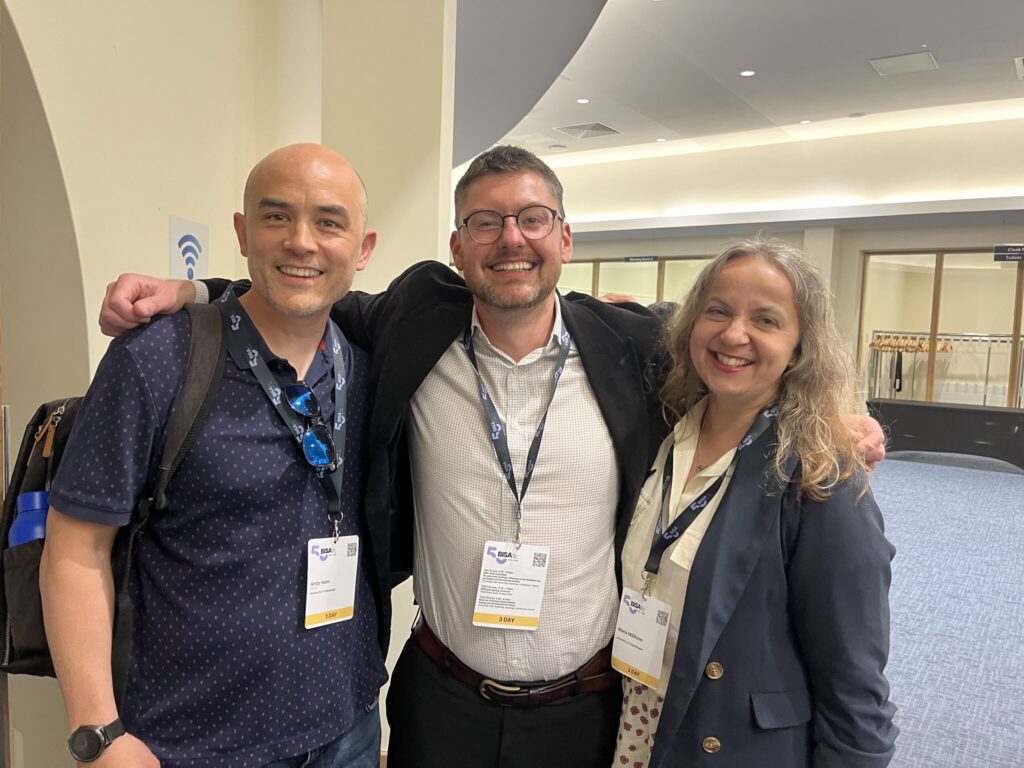
(Image below courtesy of Bleddyn Bowen, picturing Third Nuclear Age Roundtable participants).
